Table of Contents
Thyroid Test
Thyroid imbalance is more common than you might think. This at-home blood Thyroid Test by Thorne provides insights about thyroid function by measuring key hormone levels. Results include a personalized health plan.
You should take this Thyroid Test if you
- Are an adult age 40+
- Feel sluggish and fatigued
- Have difficulty losing weight
- Feel cold often
What you’ll discover

Measures
Your personal biomarker values are displayed on an easy-to-read dashboard with descriptions of what each biomarker value means for you.

Analysis
Using your biomarkers, we provide detailed insights to help identify potential health risks or specific areas of improvement. Thyroid Test insights are generated using Thorne’s Health Intelligence platform.

Improvement Plan
Based on your unique Thyroid Test results, a comprehensive improvement plan with diet, activity, and supplement recommendations is generated.
What we measure
How it works

1 • Order and activate
After your purchase is complete, everything you need for your at-home thyroid test is delivered to your door. Use the activation code located on the back of the thyroid test kit to activate your test on thorne.com and complete your health profile.

2 • Collect samples and send
Referencing the directions booklet included in your thyroid test kit, complete your sample collection from the comfort of your home. Use the prepaid shipper to mail your samples directly to the laboratory.

3 • Receive thyroid test results and recommendations
Your results will be reviewed by an independent, board-certified physician. Once you’ve sent your samples to the lab, after 8-10 business days you will receive your results with meaningful insights and personalized recommendations by one of our health coach professionals to promote your health and wellness.
Potential Indicators
An underactive thyroid gland doesn’t produce enough T4 or T3 hormones, or both. As a result, you could be experiencing the following symptoms:
- Fatigue
- Weight gain
- Depression
- Joint and muscle pain
- Sensitivity to cold
- Cold hands and feet
- Difficulty concentrating
- Mental fogginess
- Dry skin and hair
- Frequent, heavy periods
- Constipation
- Slow heart rate, commonly less than 60 beats per minute
- Swelling in the neck from an enlarged thyroid gland
Symptoms Related to an Overactive Thyroid Gland
An overactive thyroid gland produces higher than normal amounts of the T4 or T3 hormones, or both. As a result, you could be experiencing the following symptoms:
- Unexpected weight loss (which should always be assessed by a health professional), even when your appetite and the amount and type of food you eat remain the same or even increases
- Increased appetite
- Rapid heartbeat (more than 100 beats a minute), irregular heartbeat, or pounding of your heart
- Nervousness, anxiety, and irritability
- Tremors in hands or fingers
- Sweating
- Changes in menstrual patterns
- Increased sensitivity to heat
- More frequent bowel movements
- Swelling in the neck from an enlarged thyroid gland
- Fatigue and muscle weakness
- Difficulty sleeping
- Skin thinning
- Fine, brittle hair
Thyroid Test 101
A description of your thyroid gland
The thyroid is a small, butterfly-shaped gland just located above your collarbone. The hormones secreted by the thyroid gland affect all the cells in the body and most of the body’s metabolic processes. If something happens to change how the thyroid gland normally works, then the thyroid can begin to either under-produce or over-produce the hormones it secretes.
If your thyroid is sluggish, then your metabolism can be slowed down, and you could experience easy weight gain, chilliness (especially your hands and feet), dry skin and hair, constipation, depression, slowed heart rate, and inability to focus. On the other hand, if your thyroid is overactive, then you could experience the opposite ‐ rapid heart rate, diarrhea, sweating, flushes of heat, nervousness, tremors, and trouble sleeping. In either case, you would feel unusually fatigued.
According to the American Thyroid Association, more than 12 percent of the population will deal with a thyroid condition at some point in their lives. Of the nearly 20 million Americans living with a thyroid condition, 60 percent don’t realize it.
How the thyroid test biomarkers we measure impact your health
The levels of the four different thyroid-related biomarkers that we test can indicate whether your thyroid gland is under-functioning or over-functioning. Understanding how these biomarkers are produced and how they function is critical to understanding the importance of a healthy thyroid.
Thyroid-stimulating hormone (TSH)
TSH is produced in the pituitary gland (located at the base of the brain) when thyrotropin-releasing hormone (TRH) is secreted from the hypothalamus gland. When TSH is produced, it goes to the thyroid gland, where it activates the production of the thyroid hormones, T4 and T3. Because it is important to have stable levels of the thyroid hormones, the body has a unique feedback loop in which the hypothalamus and pituitary glands in the brain communicate with the thyroid gland to monitor and maintain normal hormone levels.
- When blood levels of the T3 and T4 thyroid hormones are low, the pituitary gland releases more TSH to signal the thyroid gland to produce more of these two thyroid hormones. High TSH signifies an underactive thyroid.
- When T3 and T4 blood levels are high, the pituitary gland releases less TSH to slow production of these hormones. Low TSH can signify an overactive thyroid.
Tetraiodothyronine; Thyroxine (T4)
T4 is the primary thyroid hormone produced in the thyroid gland. Of the two thyroid hormones, more of T4 is made in the thyroid gland than T3. Although T4 has the same actions as T3, T4 is not as potent as T3. The body can convert T4 to T3.
Triiodothyronine (T3)
T3 is one of two thyroid hormones. Although the thyroid gland produces some T3, the majority of T3 is made from the body’s conversion of T4 to T3 outside the thyroid gland (referred to as peripheral conversion). T3 is more potent that T4 ‐ meaning T3 exerts a stronger effect on the tissues that have thyroid hormone receptors. In the body, T3 regulates metabolism, body temperature, weight, energy, and heart health.
Thyroperoxidase Antibodies (TPOAbs)
Thyroperoxidase is an enzyme that must be present for the body to produce thyroid hormones. However, thyroperoxidase antibodies (TPOAbs) are antibodies that attack this enzyme, which makes it difficult for the thyroid to produce sufficient thyroid hormones.
The presence of thyroperoxidase antibodies in the bloodstream can signify a possible autoimmune reaction. The presence of these antibodies often precedes actual signs of thyroid dysfunction and dictates consultation with a health professional.
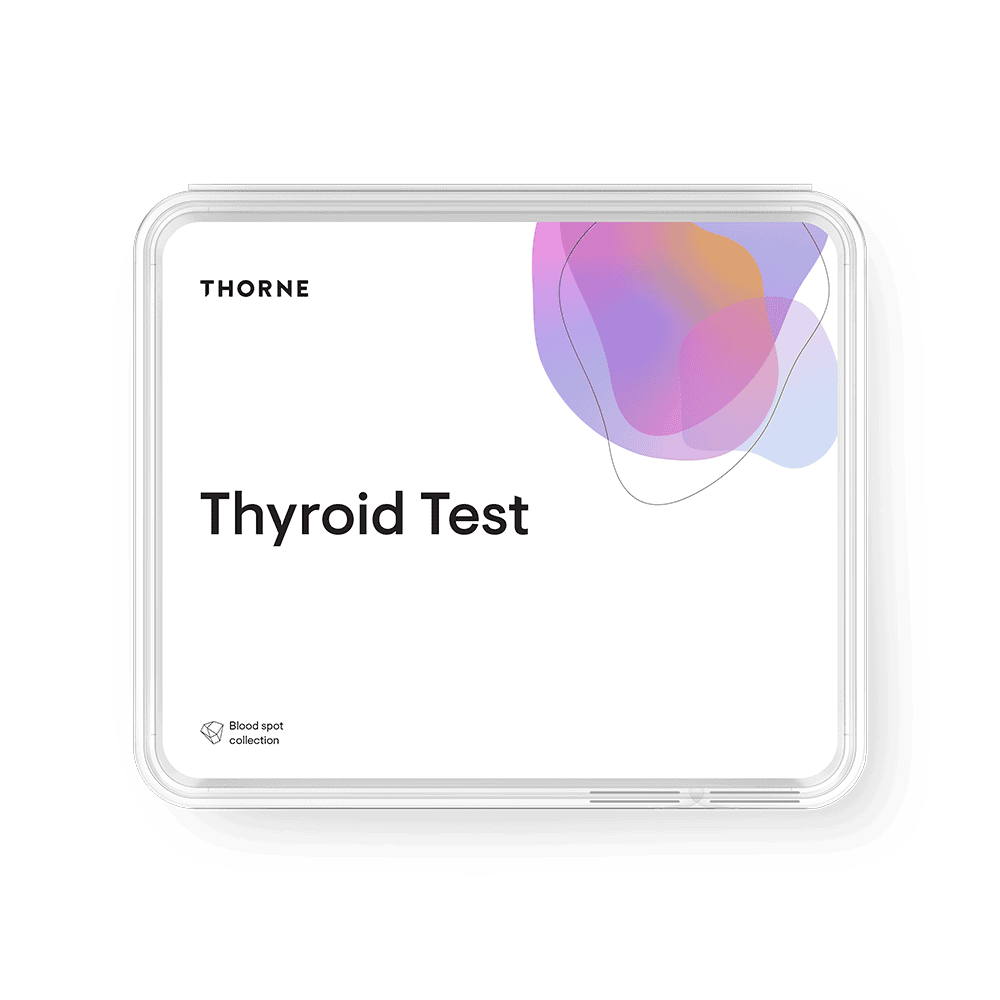
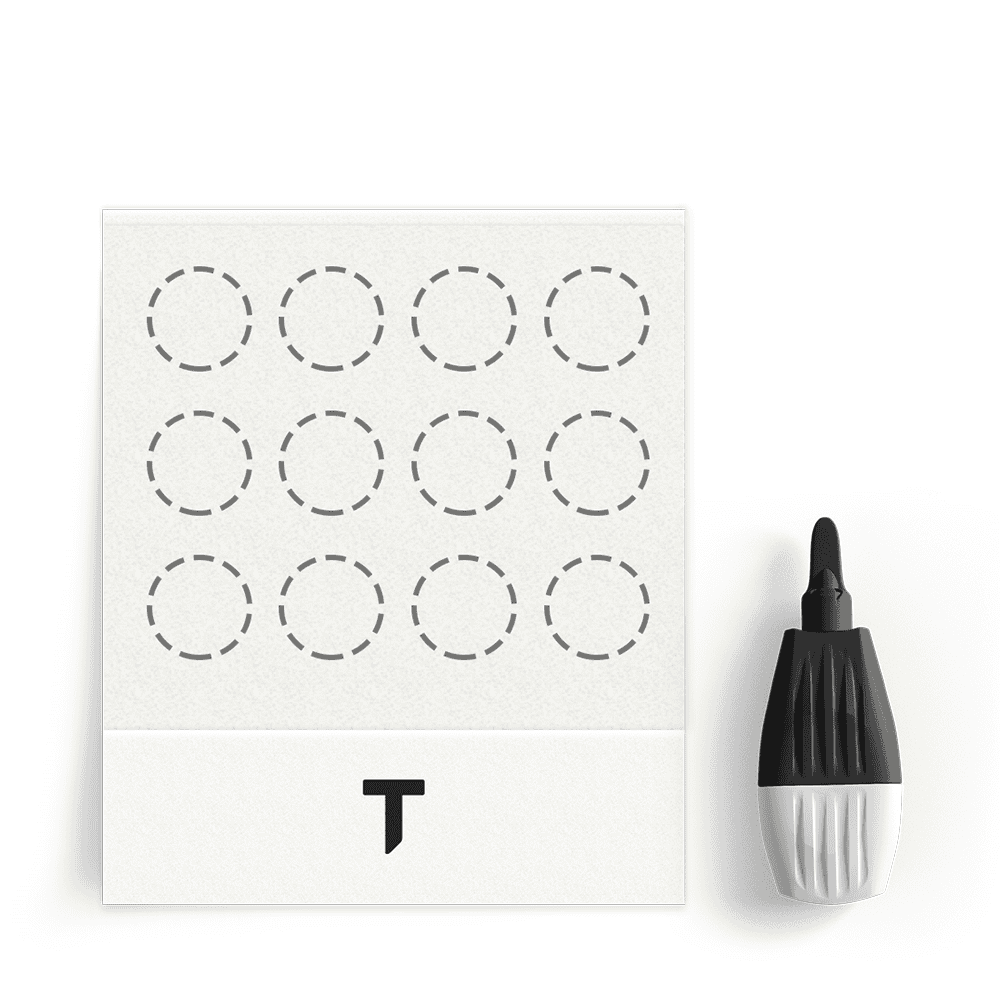
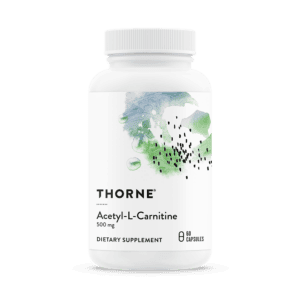
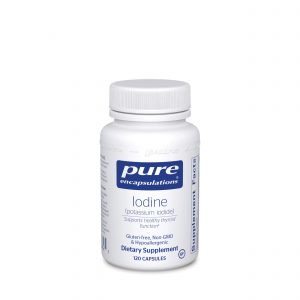
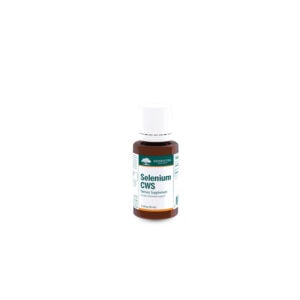
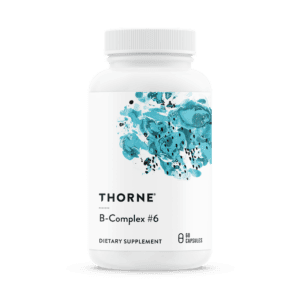
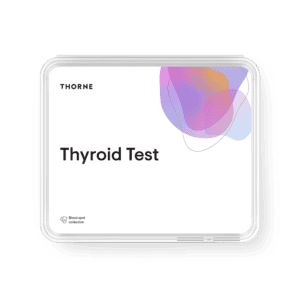
Reviews
There are no reviews yet.